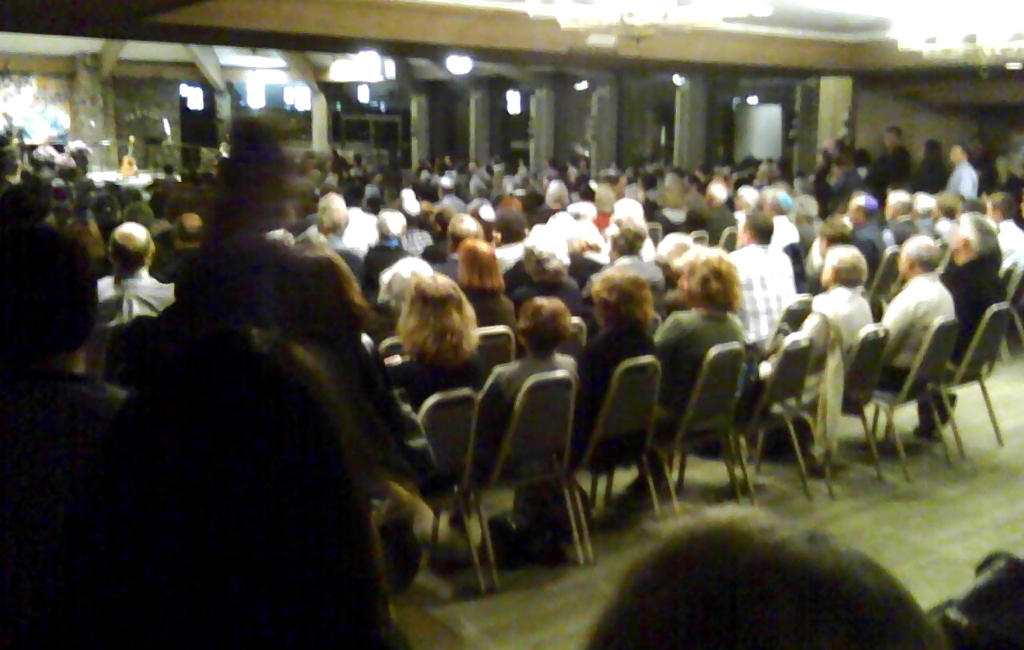For quite some time now, the very few leftists remaining in the United States have been openly critical of the Democratic Party’s attempts to address racism. This is, in part, because leftists view the Democrats as neo-liberals who are committed to maintaining the inequalities inherent in free-market capitalism. One such leftist is Dr. Toure F. Reed, a historian at Illinois State University. Back in 2015, he published an article titled “Why Liberals Separate Race from Class” in the leftist-socialist magazine Jacobin, in which he offered a historian’s critical assessment of contemporary liberal attempts to address racism.
In his view, the liberal attempts to address racism in the 2010s (including, e.g., Black Lives Matter, etc.) do not compare well with the anti-racist efforts of the 1950s and 1960s. Those earlier efforts grew out of New Deal labor-liberalism, a very different political context from the neo-liberalism of the 2010s; the earlier efforts were committed to broad economic egalitarianism, according to Reed, whereas contemporary efforts resist any attempt to include economic class as crucial to fighting racism. In his 2015 article, Professor Reed concluded:
“If one views the excesses and failures of the criminal justice system solely through the lens of race, then victims of police brutality and prosecutorial misconduct tend to be black or Latino. However, if one understands race and class are inextricably linked, then the victims of police brutality are not simply black or Latino (and Latinos outnumber blacks in federal prisons at this point) but they tend to belong to groups that lack political, economic, and social influence and power.
“From that vantage point, the worldview expressed by Johnson and others misses the mark and falls into the same trap that, ironically, liberals have offered a stratum of credentialed black Americans for decades: opportunity within a market-driven political and economic framework that disparages demands for social and economic justice for all (including most black people) as socialist, communist, un-American, or even class-reductionist.”
Three years later, in late 2018, the situation hasn’t changed. And in 2018 Professor Reed published a new book, Why liberals separate race from class: The conservative implications of race reductionism. (New York & London: Verso, 2018). I haven’t read it yet, but I came across an interesting quotation that makes me think that I must read it:
“Emancipation and even Reconstruction were produced by a convergence of interests among disparate constituencies — African Americans, abolitionists, business, small freeholders, and northern laborers — united under the banner of free labor. The civil rights movement was the product of a consensus created by the New Deal that presumed the appropriateness of government intervention in private affairs for the public good, the broad repudiation of scientific racism following World War II, and the political vulnerabilities Jim Crow created for the United States during the Cold War. To be sure, Reconstruction, the New Deal, the War on Poverty, and even the civil rights movement failed to redress all of the challenges confronting blacks. But the limitations of each of these movements reflected political constraints imposed on them, in large part, by capital.”
In contrast to the current Democratic party agenda, I am convinced that racism can only be addressed by tackling classism, and by promulgating a broad egalitarianism. As a result, I don’t fit in well with the much of the political agenda of broader Unitarian Universalism. Our religious tradition is currently dominated by the concerns and outlook of the white college-educated elite (i.e., the majority of our members); elite Unitarian Universalists are unwilling to face up to the extent to which they benefit from the exploitation of the working class, and from the continuation of business-as-usual consumer capitalism. Fortunately, there were a goodly number of Unitarian Universalists who supported Bernie Sanders — even though I would consider him a center-leftist, rather than a socialist — he isn’t as far to the left as, say, Bayard Rustin or the later Martin Lught King, Jr., — but still, he represented a desire for a broad egalitarianism.In any case, I’m going to have to read Professor Reed’s new book.
More from Professor Reed:
“Between Obama and Coates,” Catalyst, Winter, 2018, is a historian’s detailed examination of Ta-Nehisi Coates’s critique of post-war liberalism
“Affirmative Action’s Labor Roots,” Jacobin, 2016, is a vigorous defense of affirmative action


